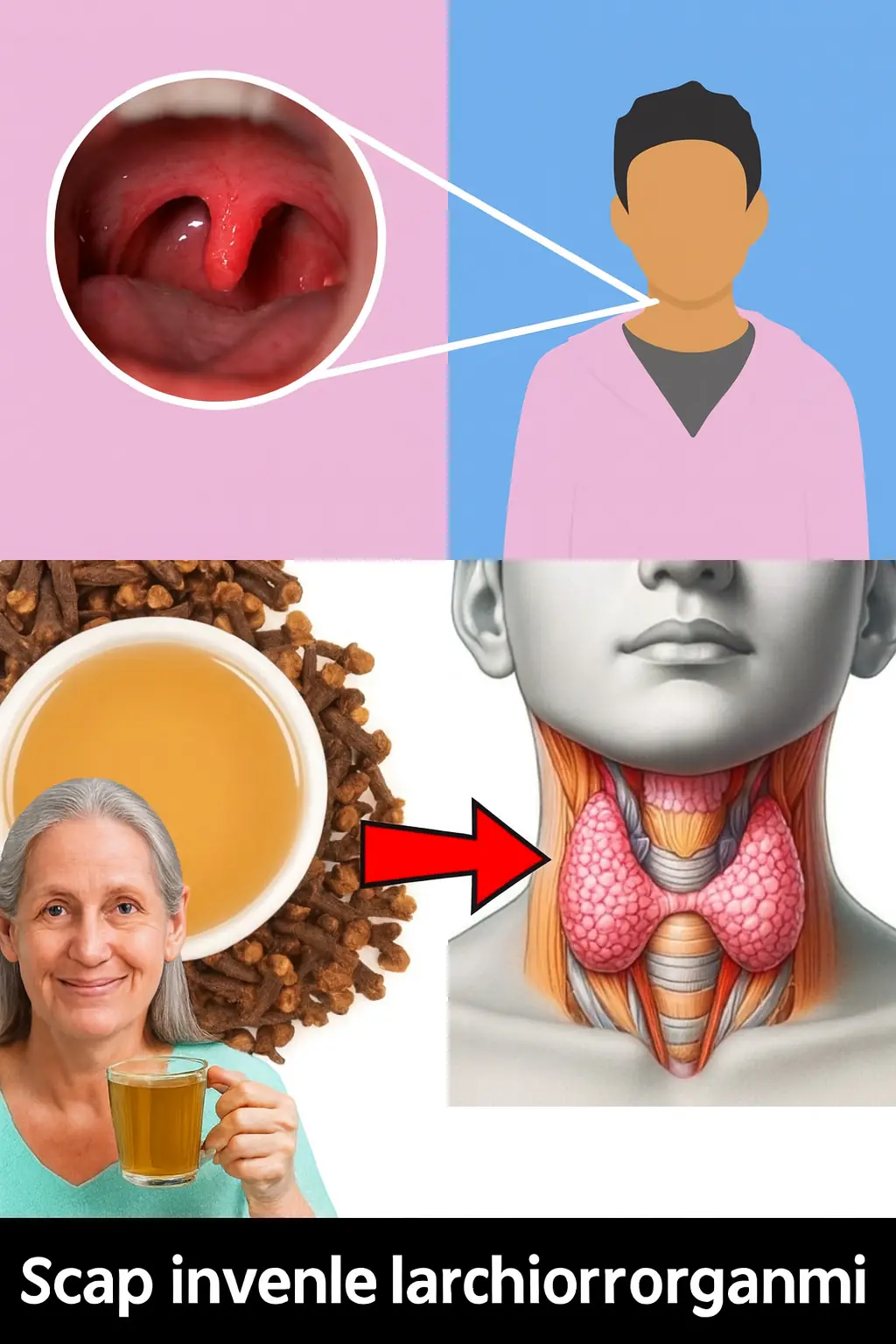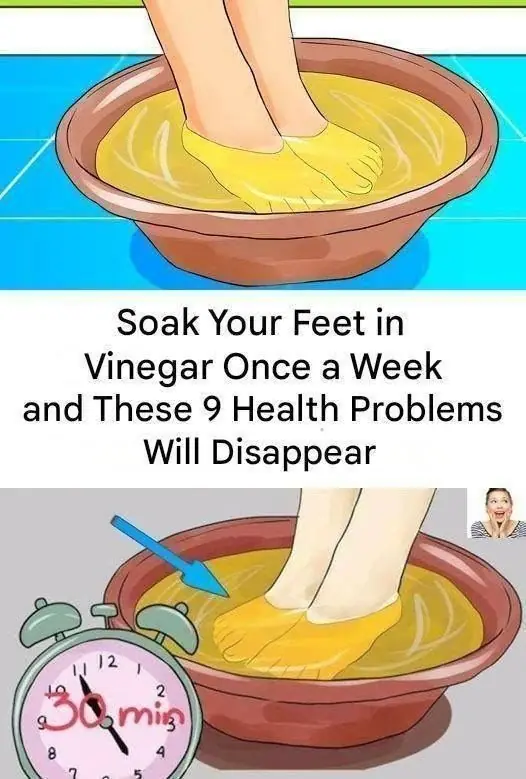
BE CAREFUL, if you get these bruises on your body, it means you have…
Have you ever noticed that you bruise easily? Those black-and-blue marks that eventually turn yellow may not only look unsightly, but sometimes they’re painful and even a sign of something more serious. While bruises often result from harmless bumps or injuries, in some cases they can indicate an underlying medical issue.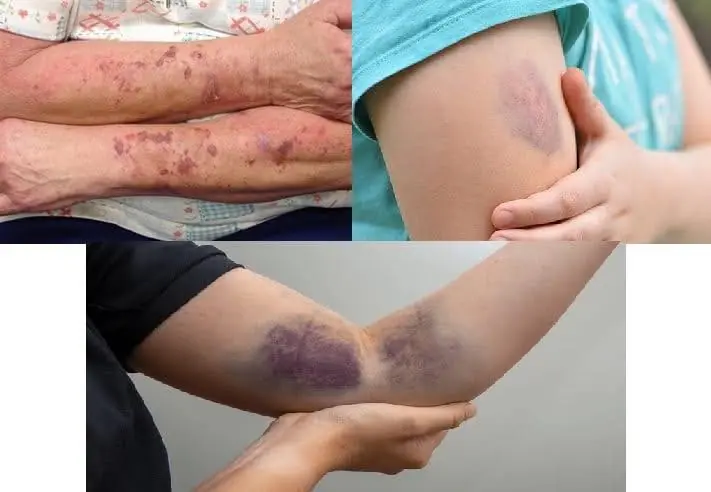
This article explains what bruises are, why they form, possible causes—including vitamin deficiencies—and when you should consult a doctor.
What Is a Bruise?
The medical term for a bruise is ecchymosis. It happens when small blood vessels break under the skin, causing blood to pool beneath the surface. Unlike a cut where blood escapes outside the body, bruises trap blood internally.
Common causes include bumping into furniture, minor falls, or even having blood drawn. The bruise appears dark red, purple, blue, or black at first, then changes colors—green, yellow, or brown—as your body reabsorbs the blood during healing.
When to Be Concerned
Bruises on arms and legs are usually harmless. However, you should see a doctor if:
-
Bruises appear on your abdomen, back, genitals, ears, or hands.
-
They occur frequently without clear cause.
-
They do not begin to fade within a few days.
-
They last longer than two weeks.
Vitamin Deficiencies Linked to Bruising
Certain vitamin shortages can make you bruise more easily:
-
Vitamin C deficiency: Vitamin C is essential for producing collagen, which strengthens blood vessels. Without enough, vessels become fragile and bruise easily. Smokers are particularly at risk.
-
Vitamin K deficiency: Vitamin K is crucial for blood clotting and capillary strength. Low levels may slow clotting and increase bruising.
-
Vitamin D and B vitamins: Low levels can also contribute to increased susceptibility to bruising.
Other Causes of Bruising
-
Dietary supplements: Ginkgo, ginseng, garlic, ginger, omega-3s, saw palmetto, and vitamin E can thin the blood and make bruising more likely.
-
Medications: Blood thinners, aspirin, ibuprofen, steroids, certain antibiotics, and antidepressants may all increase bruising risk.
-
Aging: Thinner skin and weaker blood vessels make older adults more prone to bruises.
-
Sun damage: Years of sun exposure can weaken blood vessels.
-
Medical conditions: Diabetes, anemia, hemophilia, leukemia, and lymphoma can all affect clotting or vessel strength.
-
Sports injuries: Contact sports often cause contusions—another name for bruises—from direct impacts.
Treatment and Prevention
Most bruises heal on their own, but you can speed recovery and reduce discomfort with:
-
RICE method: Rest, ice, compression, and elevation.
-
Heat: After a few days, apply a warm compress to promote healing.
-
Pain relief: Use acetaminophen, but avoid aspirin or ibuprofen if bruising is the concern.
-
Fall prevention: Improve home lighting, clear floor clutter, and secure cords or rugs to reduce risk.
-
Skin care: Protect fragile skin with ointments or bandages to prevent infection if the skin breaks.
If you suspect your bruises are linked to supplements or medications, get your vitamin levels tested and talk with your doctor.
Final Thoughts
Most bruises are harmless reminders of everyday bumps. But persistent, severe, or unexplained bruising should not be ignored. They may be your body’s way of signaling a deficiency or an underlying medical condition. Consulting your doctor can help you find the cause and take steps toward better health.
News in the same category

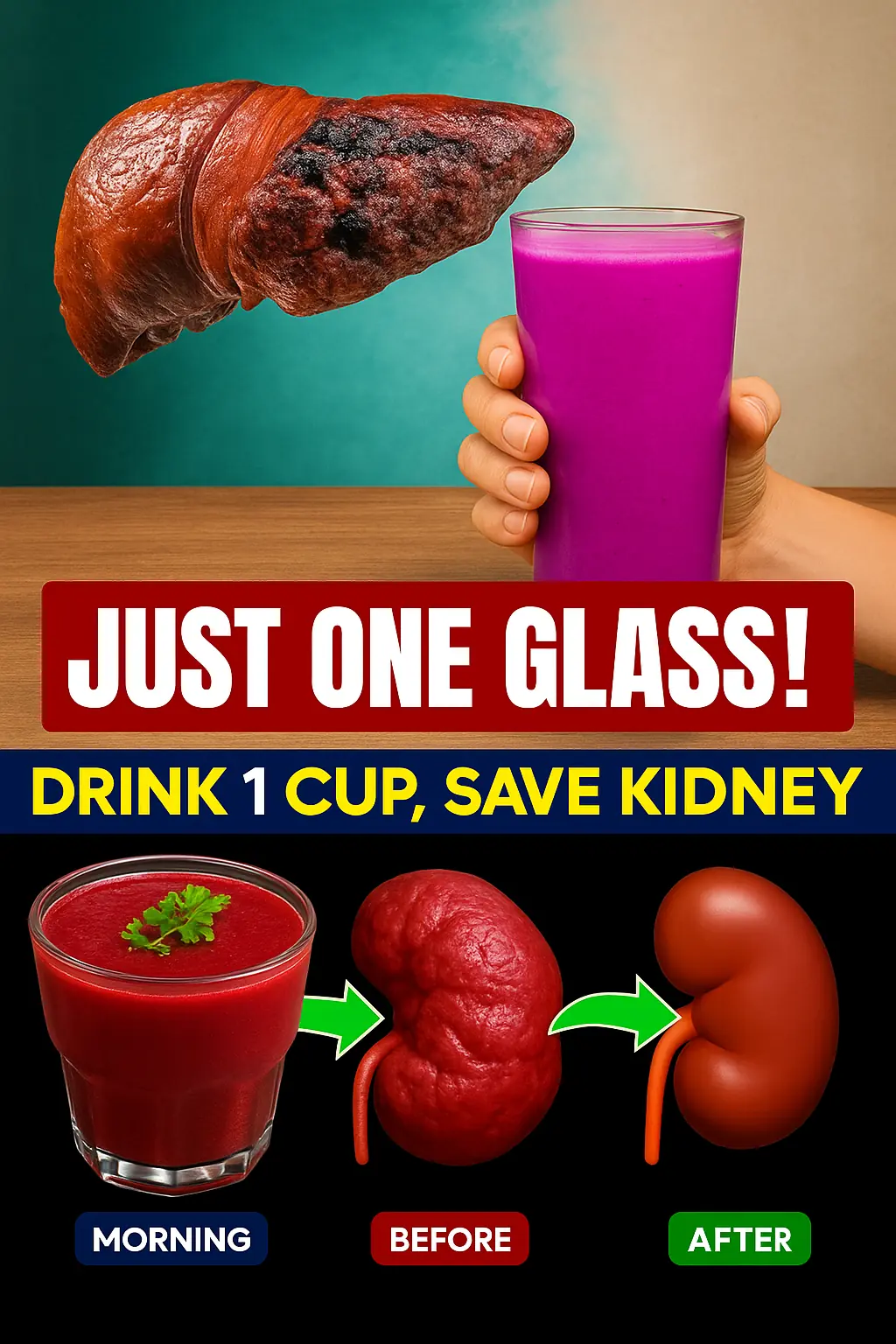
Beets and Kidney Health: A Natural Tip for Later Years
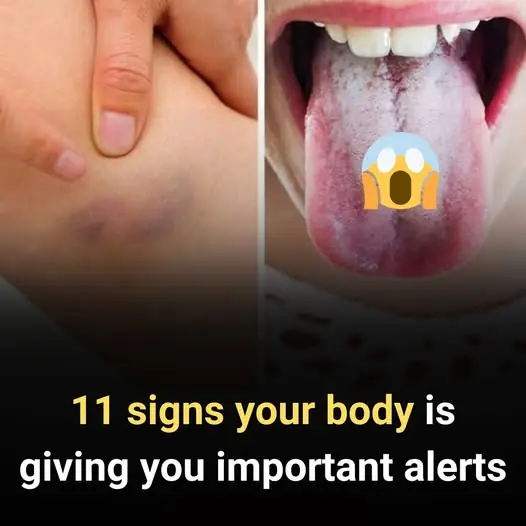
11 Signs Your Body Is Giving You Important Alerts
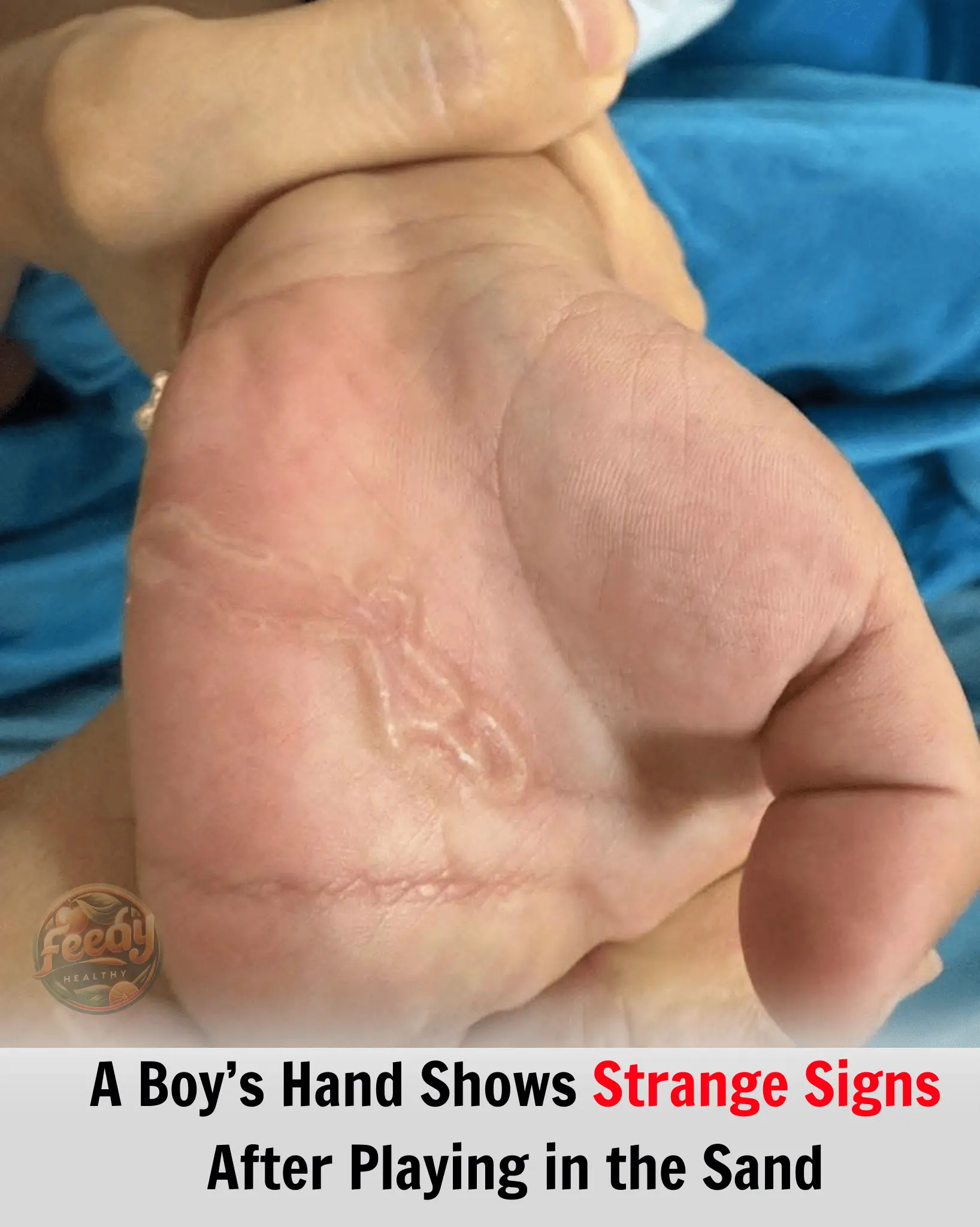
A Boy’s Hand Shows Strange Signs After Playing in the Sand
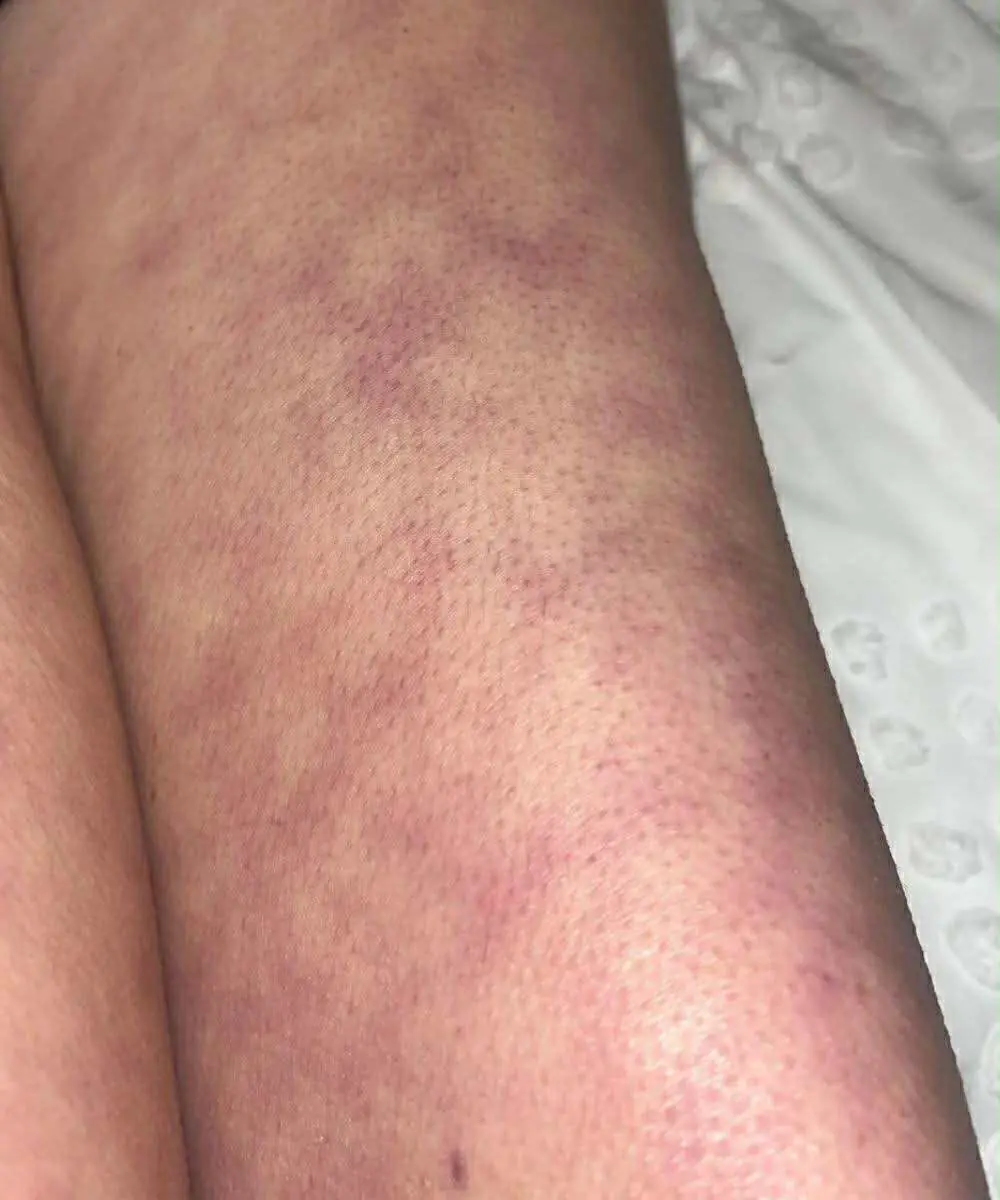
What those strange skin patterns might really mean
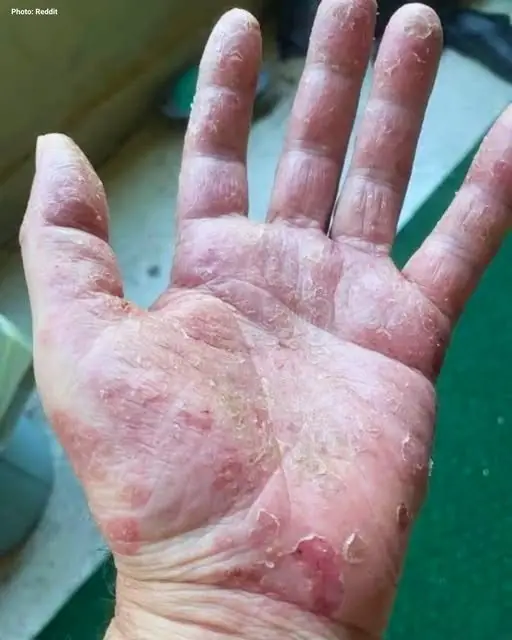
What is Hand Dermatitis?

Why Seniors Should Avoid Early Morning Baths
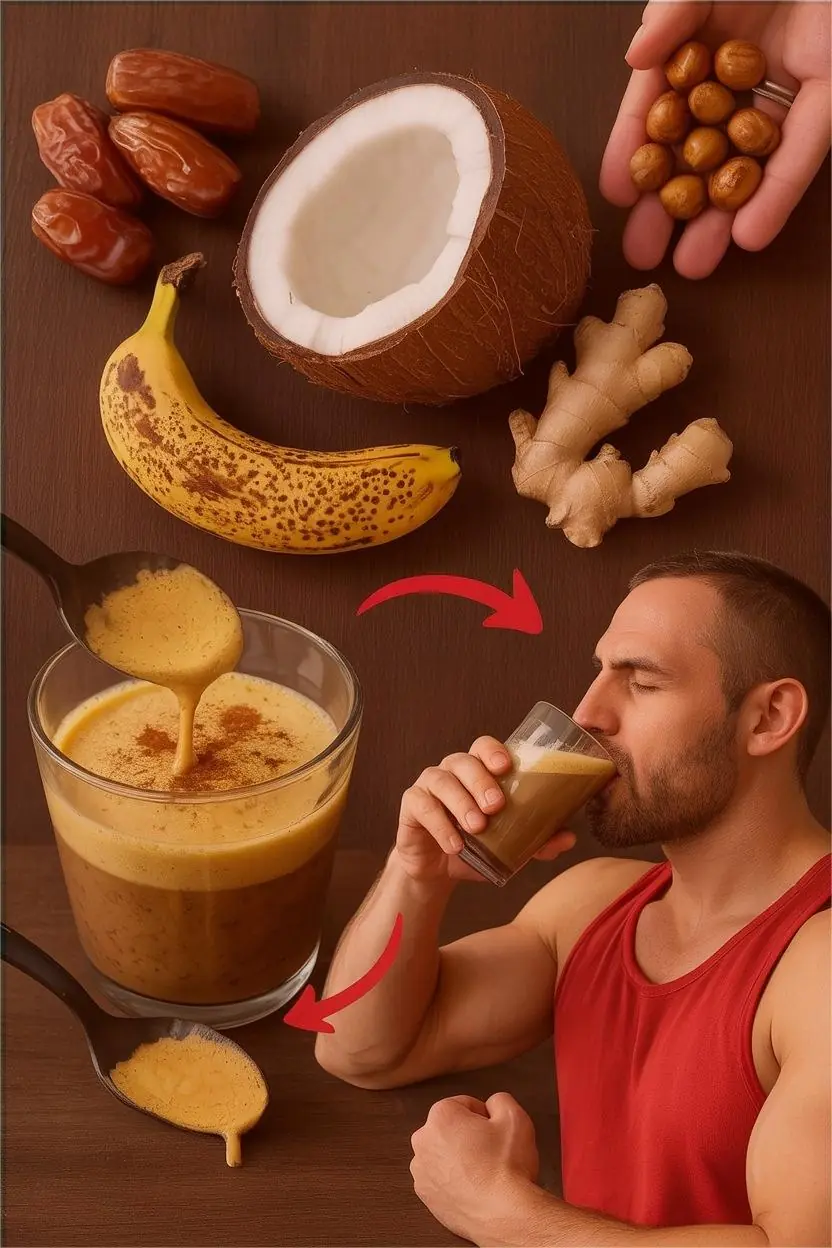
Ignite Your Energy: Natural Drink for Male Vitality

Groundbreaking Surgery Removes Spinal Tumor Through the Eye Socket
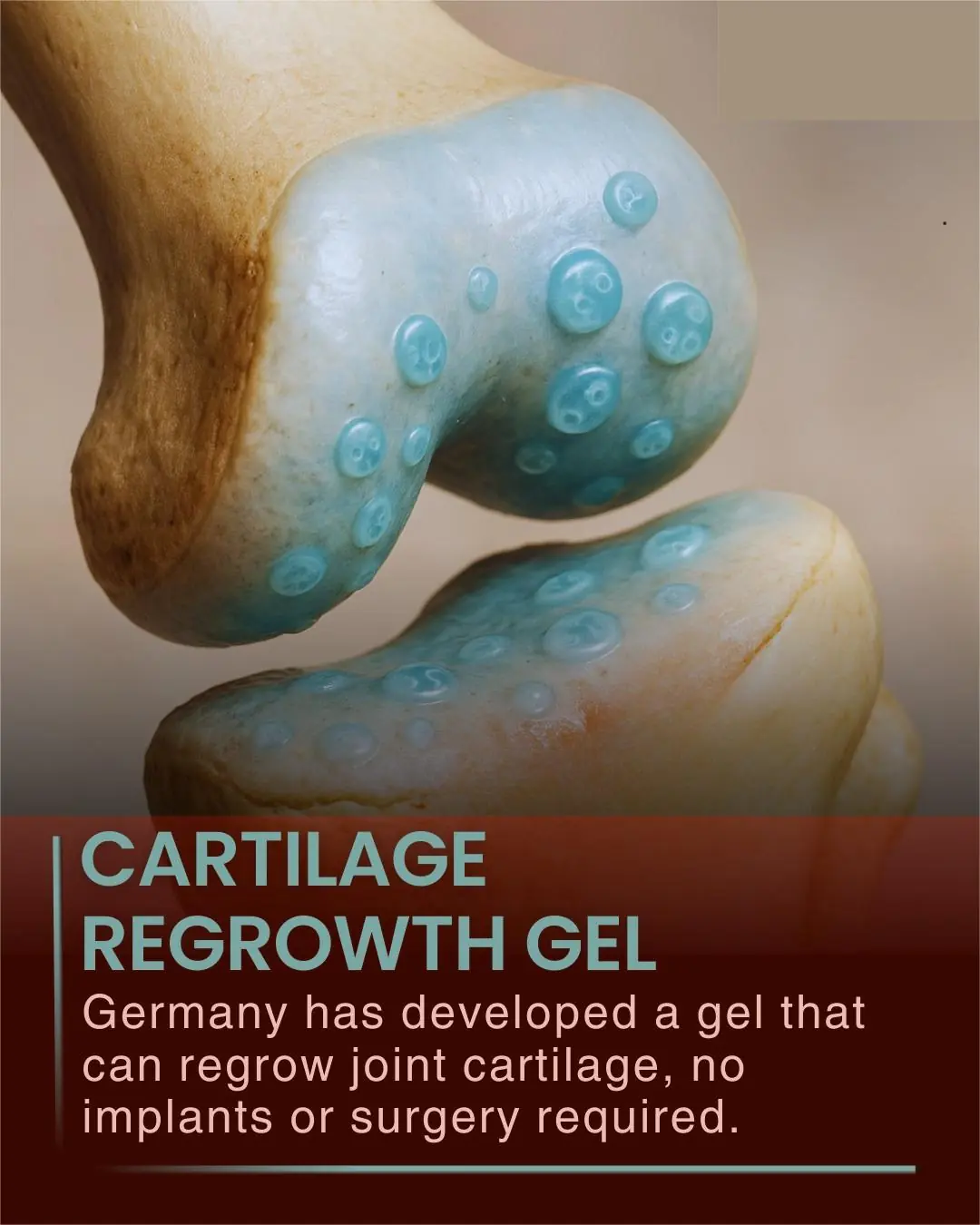
German Scientists Develop Regenerative Gel That Could Transform Joint Treatment

WHAT HAPPENS WHEN WE TONGUE KISS…See more
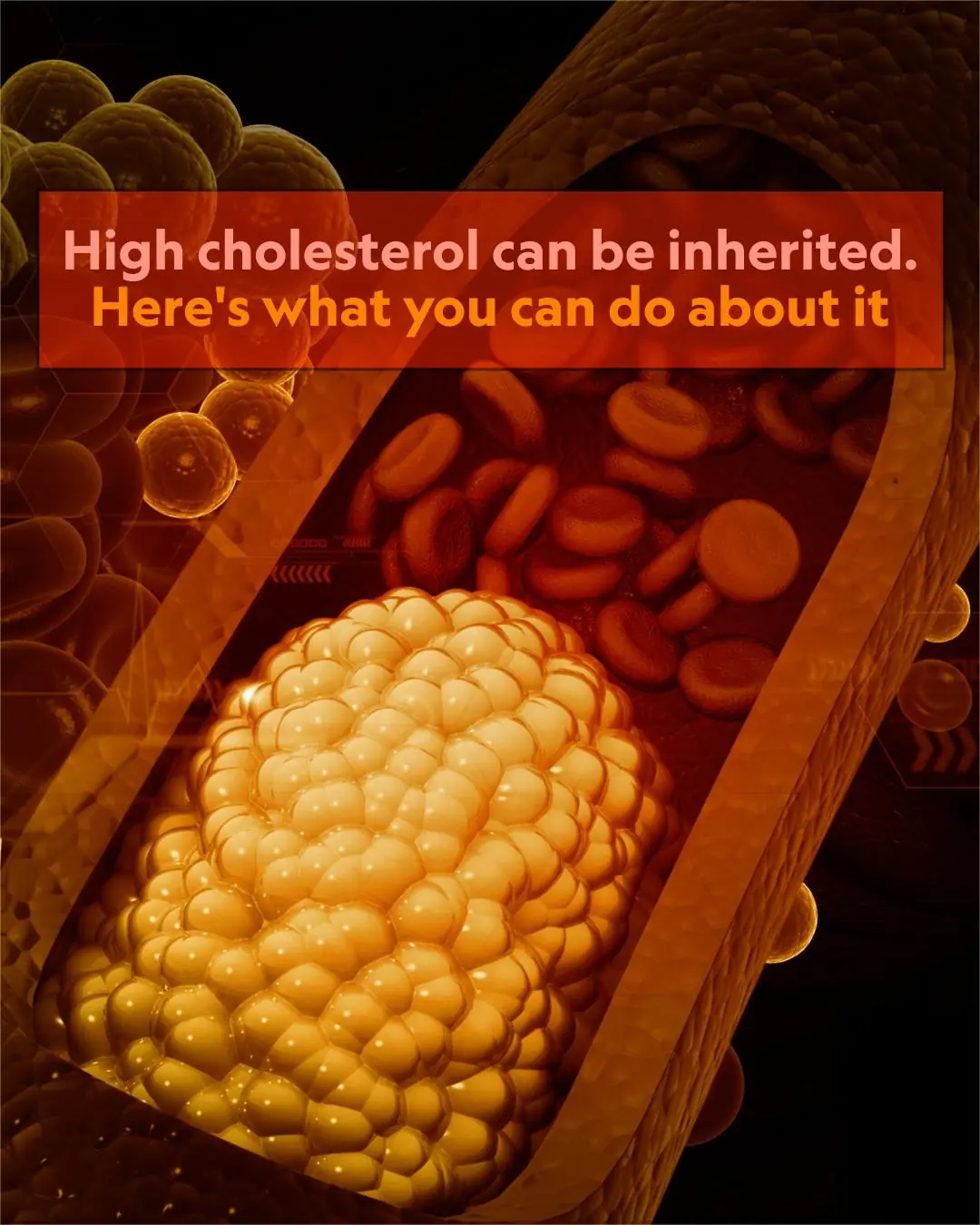
High cholesterol can be inherited. Here's what you can do about it
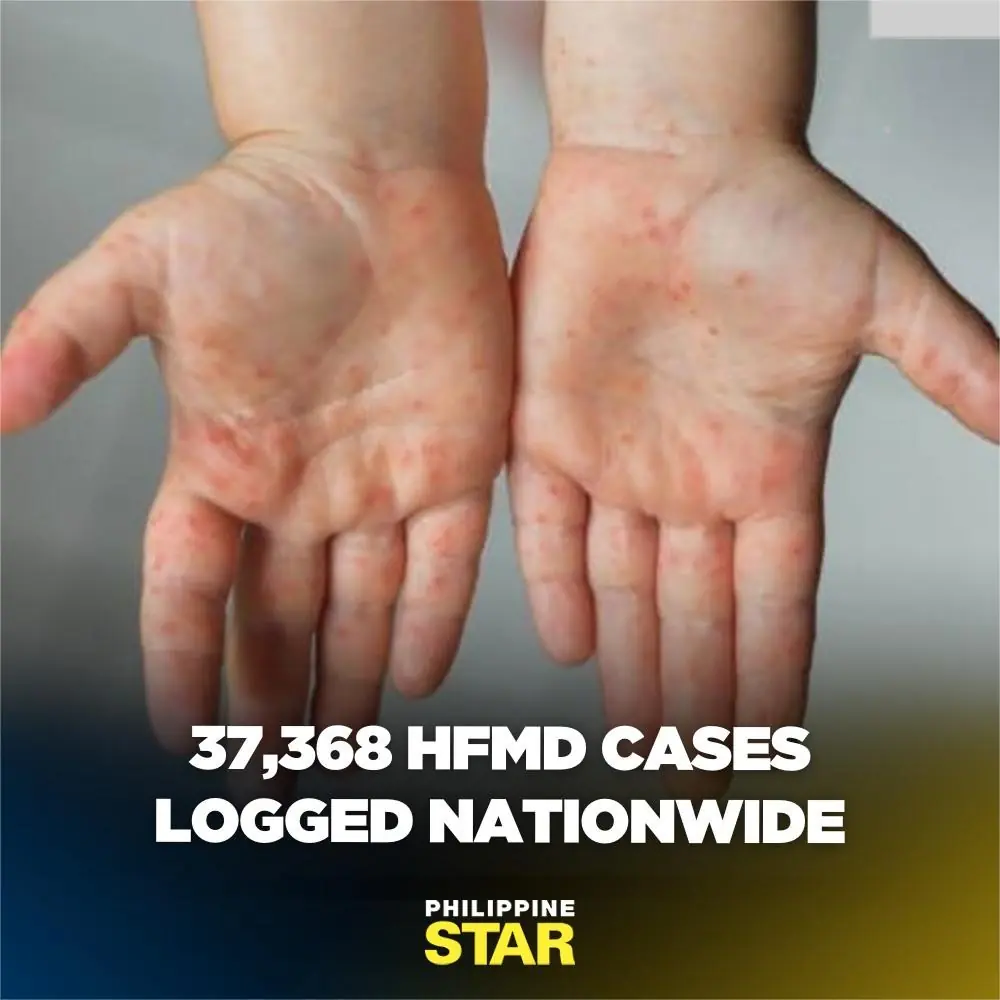
37,368 HFMD cases logged nationwide

Why Climbing Stairs Daily Is a Small Habit With Big Health Benefits
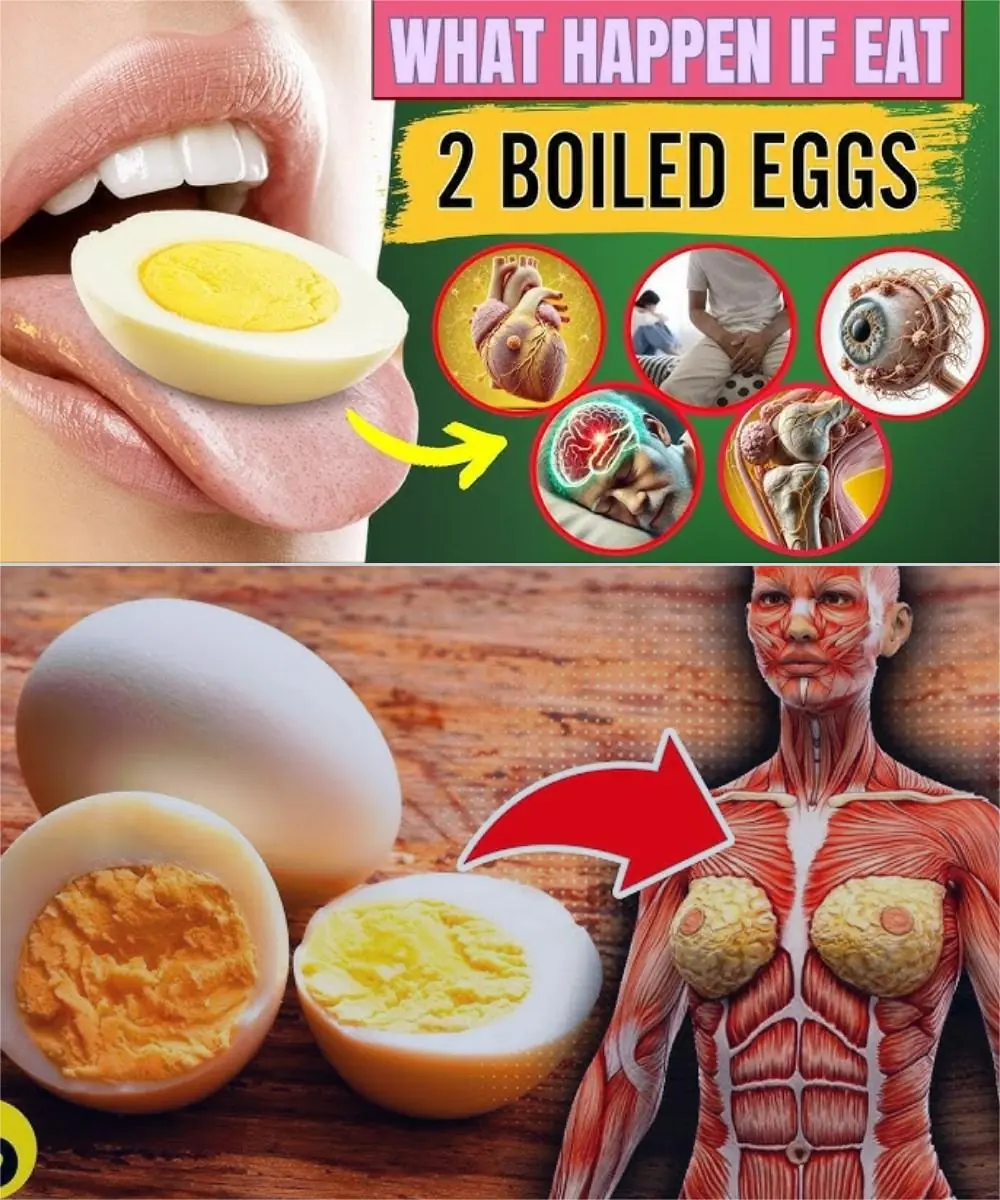
Why Boiled Eggs Deserve a Spot on Your Breakfast Table

When Nighttime Leg Cramps Become a Concern
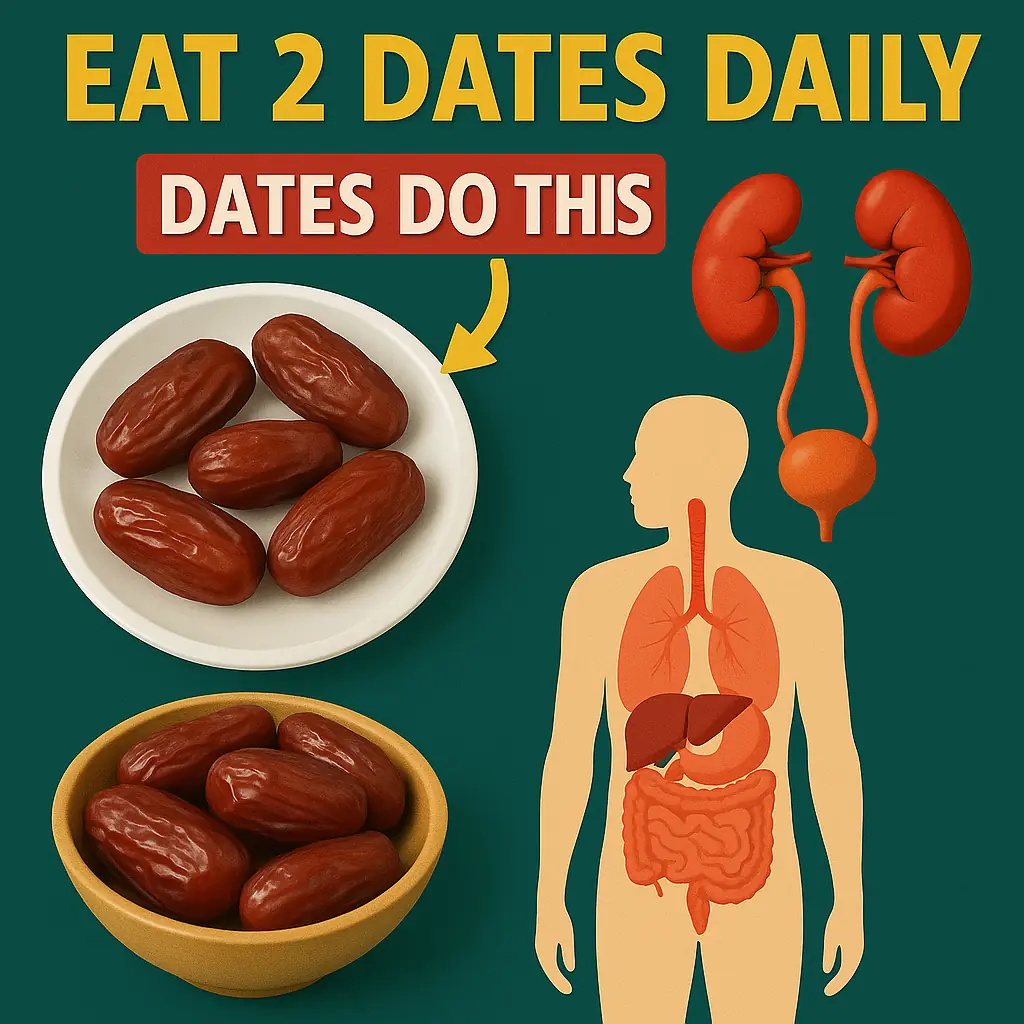
A Sweet Tradition: What Happens When You Eat 2 Dates a Day for a Month

Health Bruce Willis Moved to Specialized Care Facility as Dementia Progresses, Living Apart from His Family
News Post
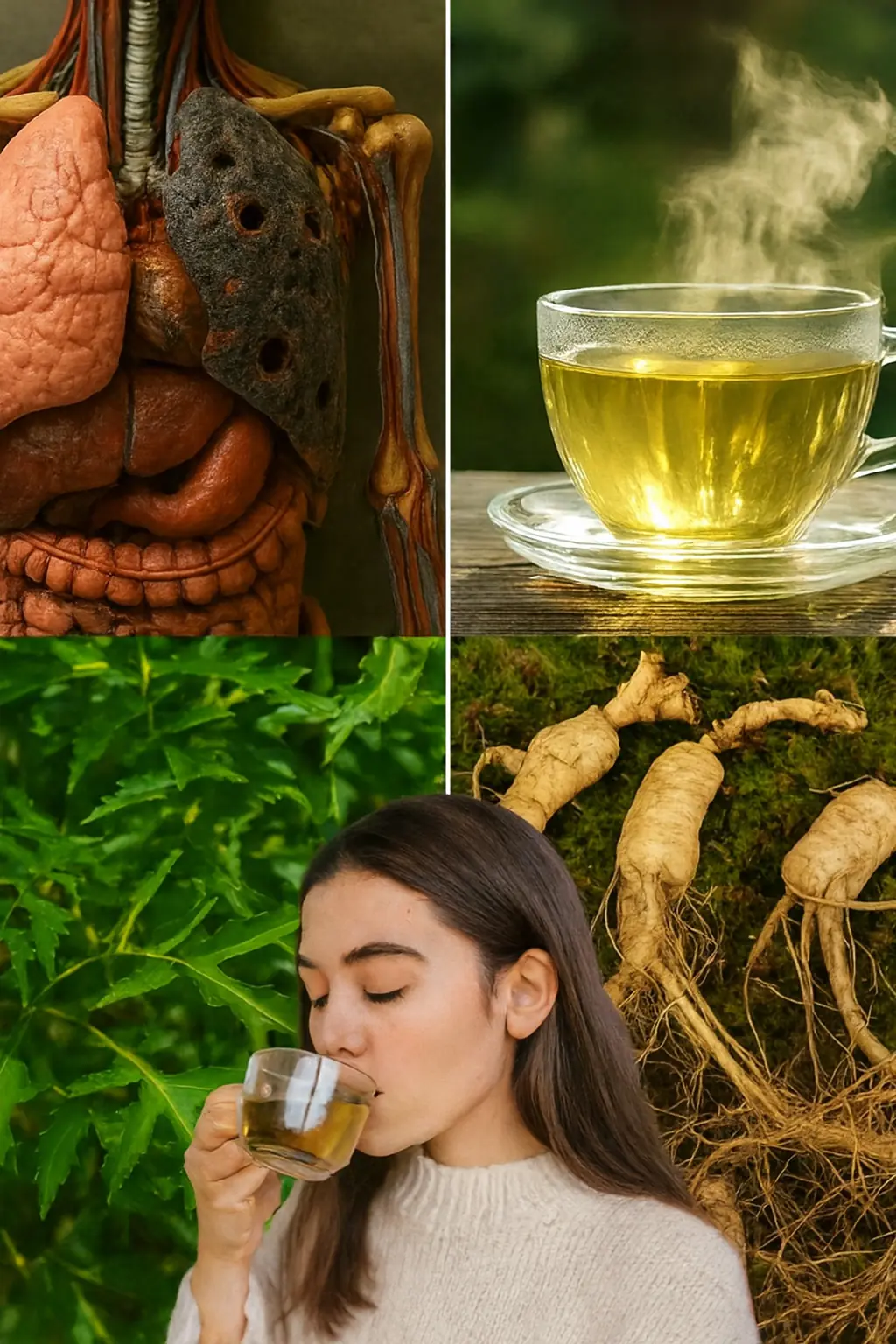
Unlock Your Vitality: The Hidden Power of Polyscias fruticosa

Woman’s kindness to single dad reveals heartbreaking connection: Bracelet from her child’s burial on his daughter

Minneapolis ICU nurse faces horror as school shooting victims arrive
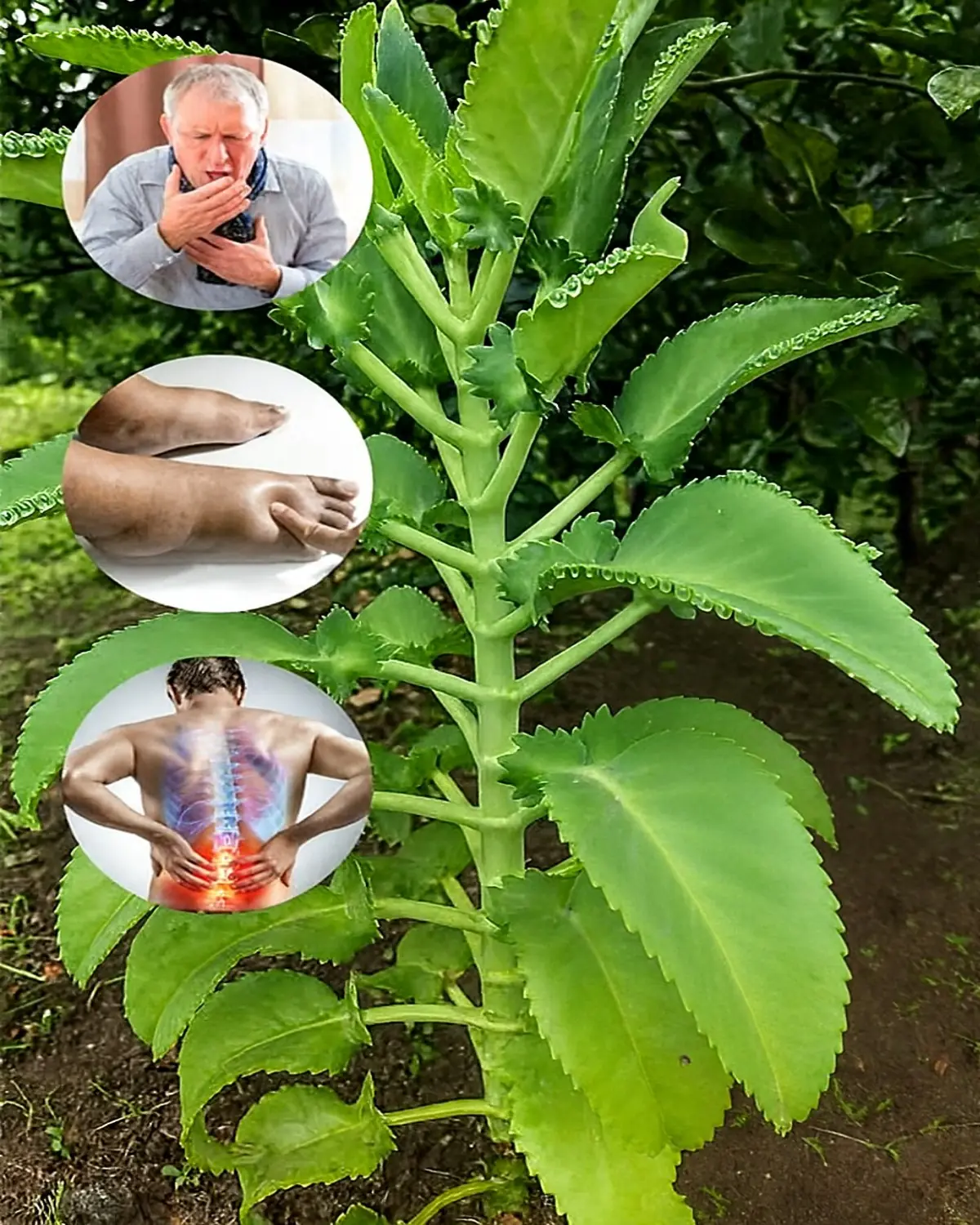
7 Hidden Treasures of Kalanchoe: Unlock Its Health Benefits
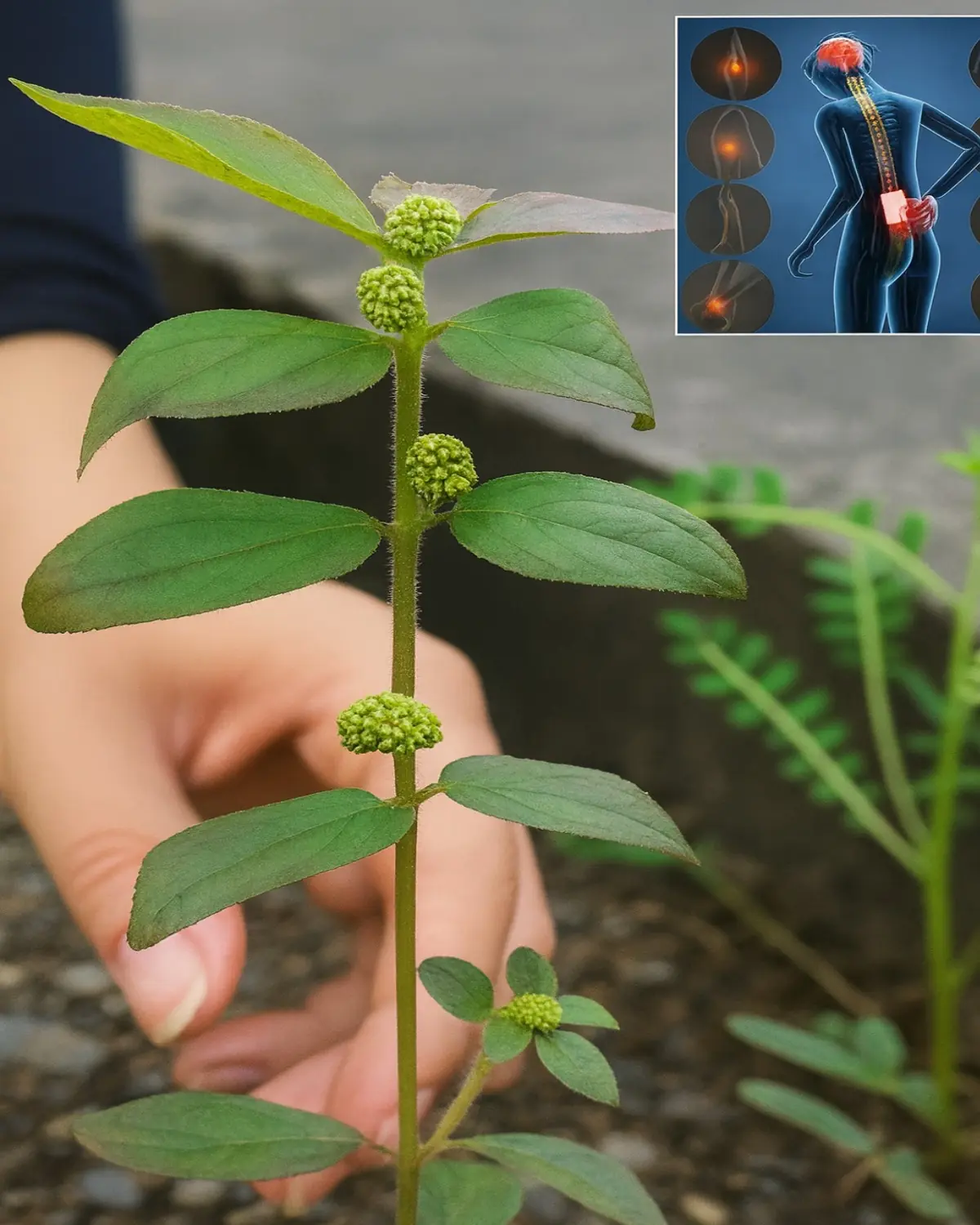
7 Ways Purslane Plant Eases Joint and Back Pain Naturally

🍎 Apple Cider Vinegar Foot Soak: Benefits, Risks & What Science Says

Beets and Kidney Health: A Natural Tip for Later Years

11 Signs Your Body Is Giving You Important Alerts
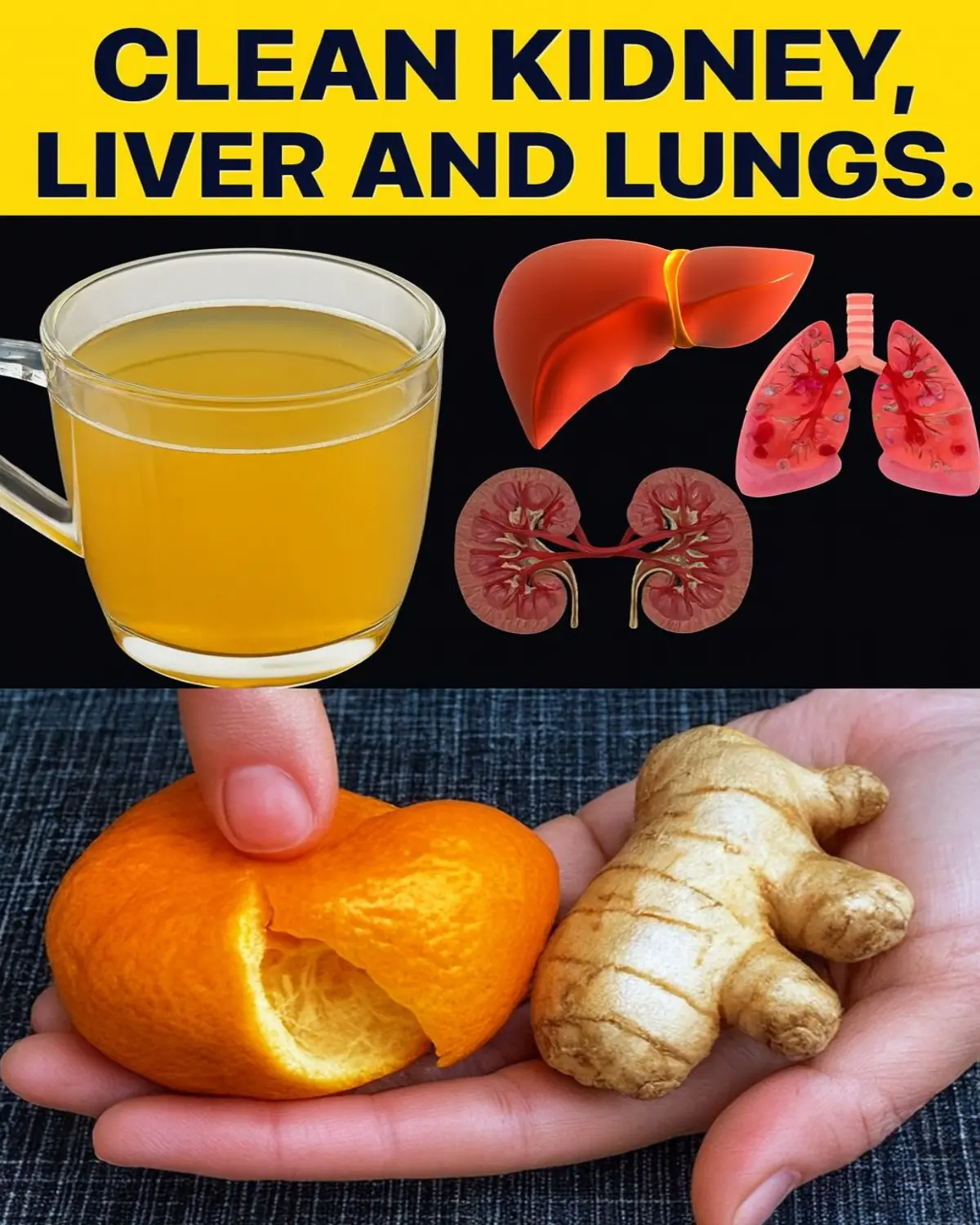
Ginger and Orange Peel Tea – A Natural Cleanse for Kidneys, Liver, and Lungs
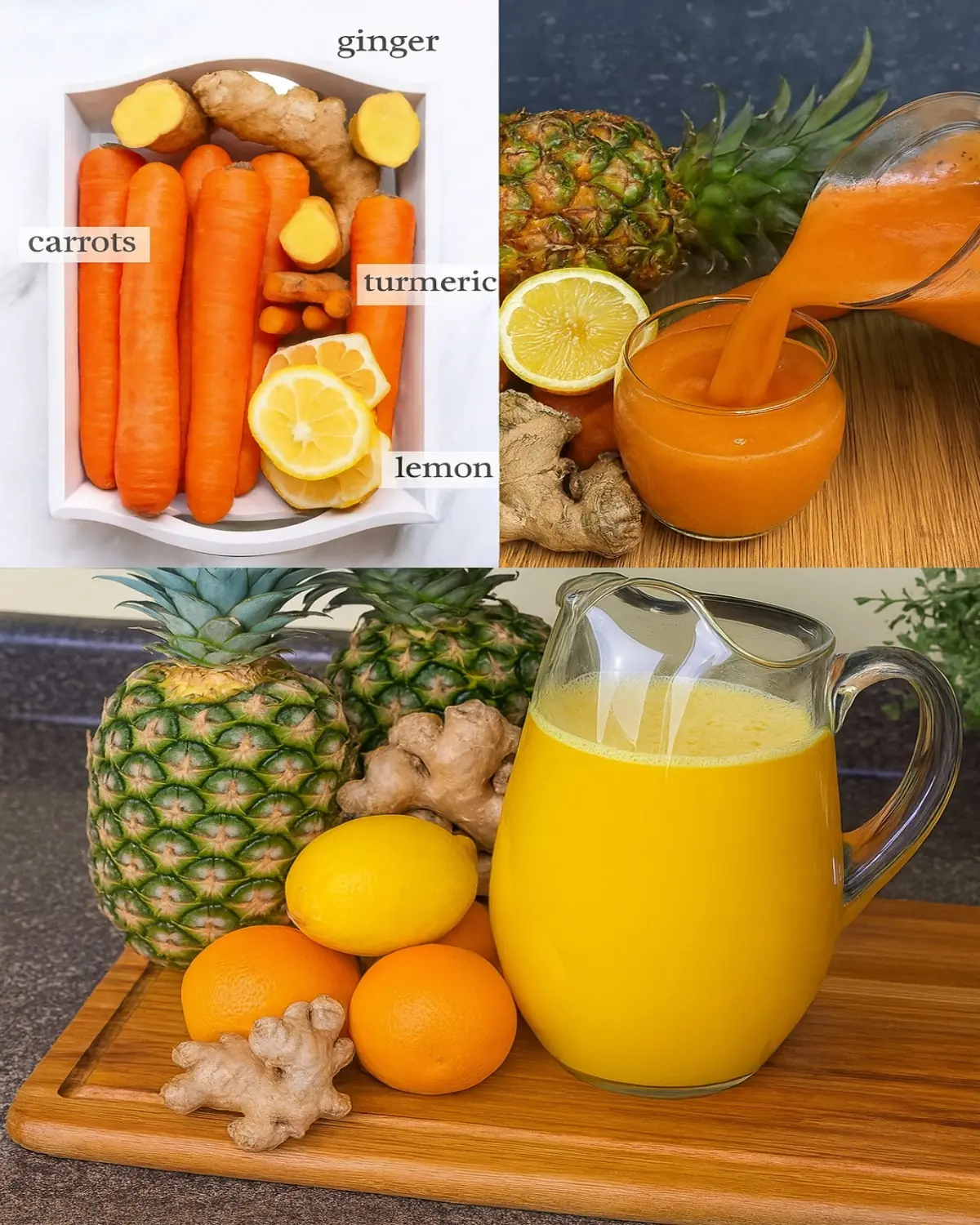
How to Make the Perfect Pineapple, Turmeric, Carrot, and Lemon Juice for an Immune Boost

Mix Watermelon and Coffee for a Surprising Boost of Energy and Refreshment
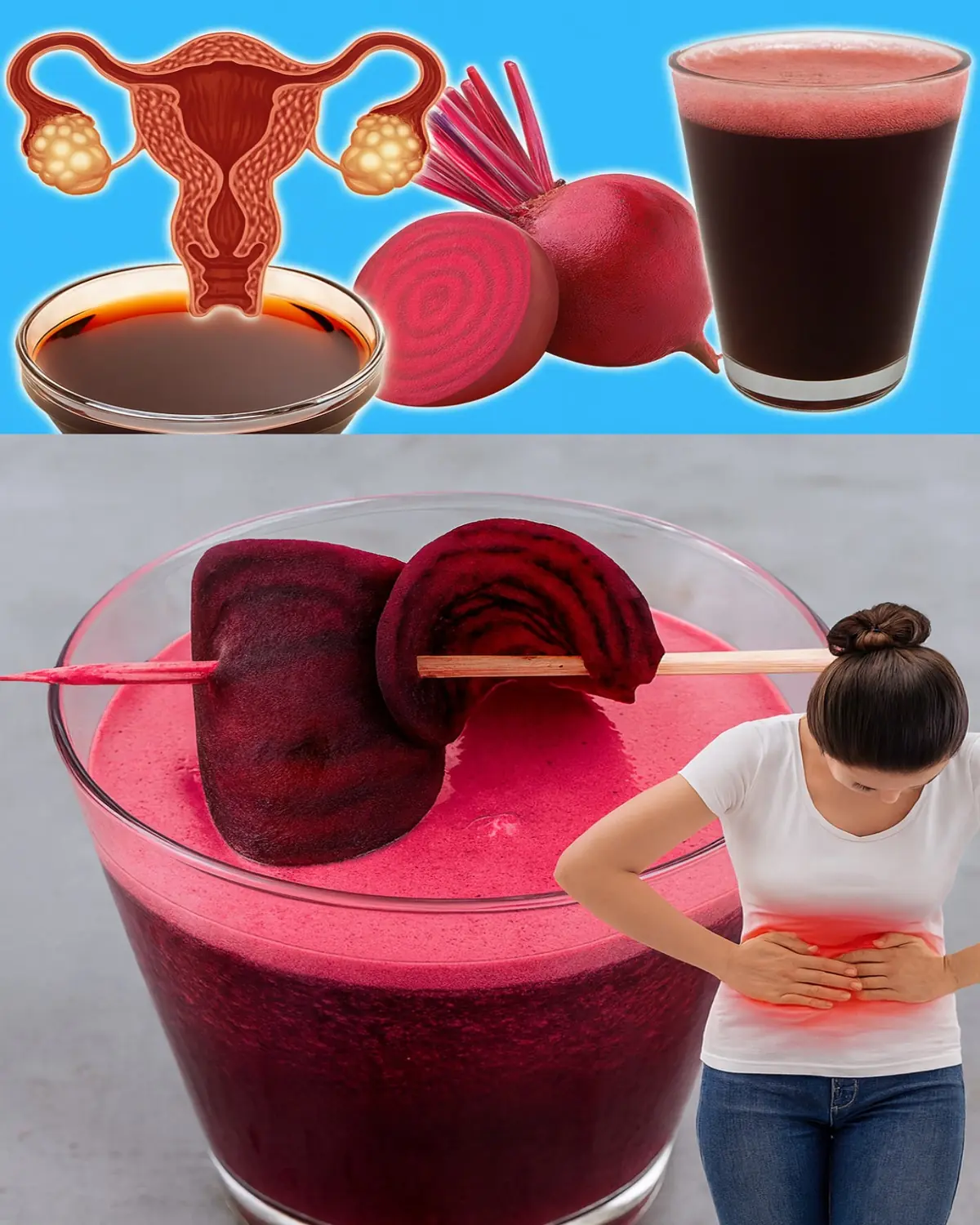
Beetroot Juice: A Gentle Ally for Women’s Reproductive and Menstrual Health
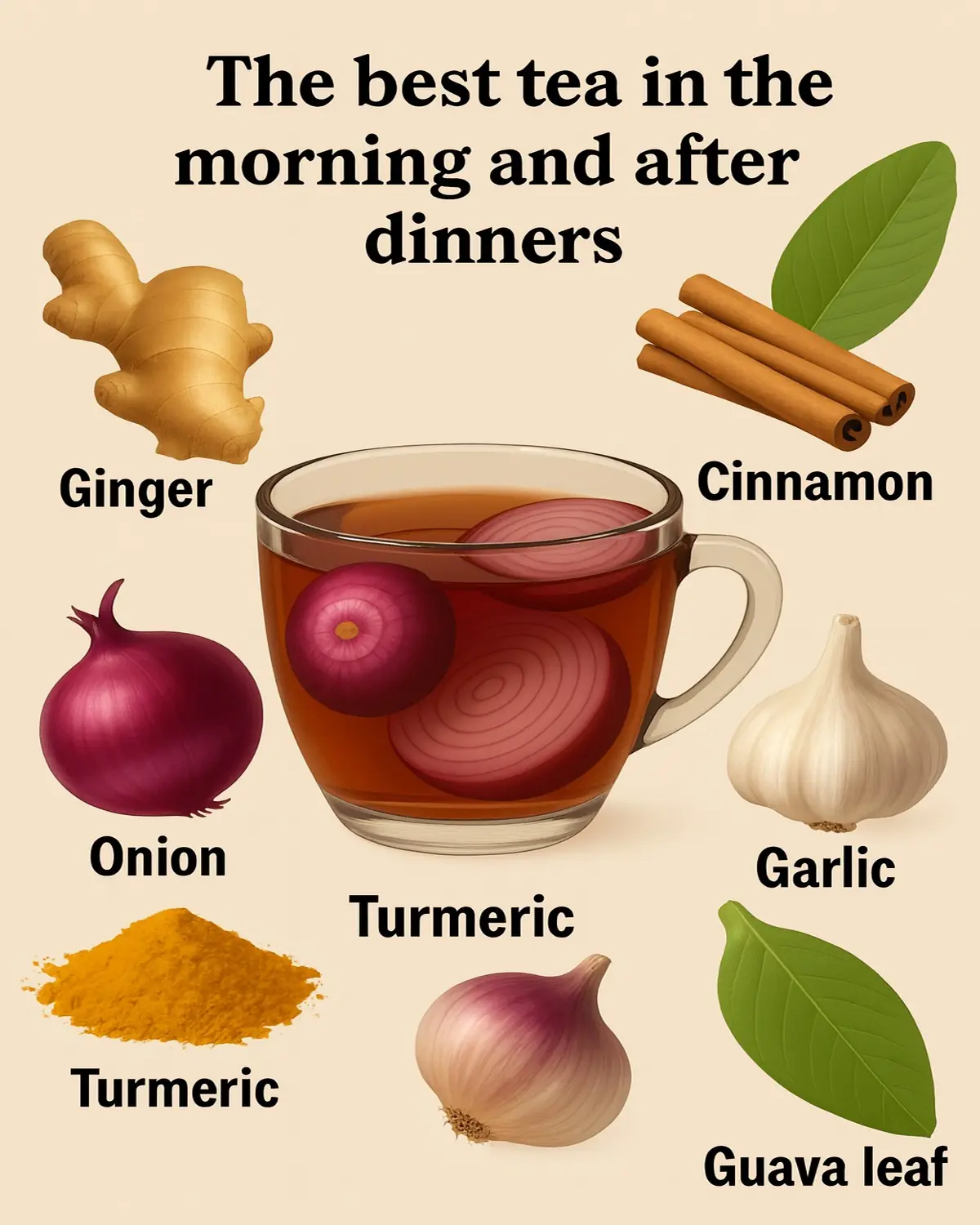
The Best Tea for Mornings and After Dinner: A Surprising Herbal Blend
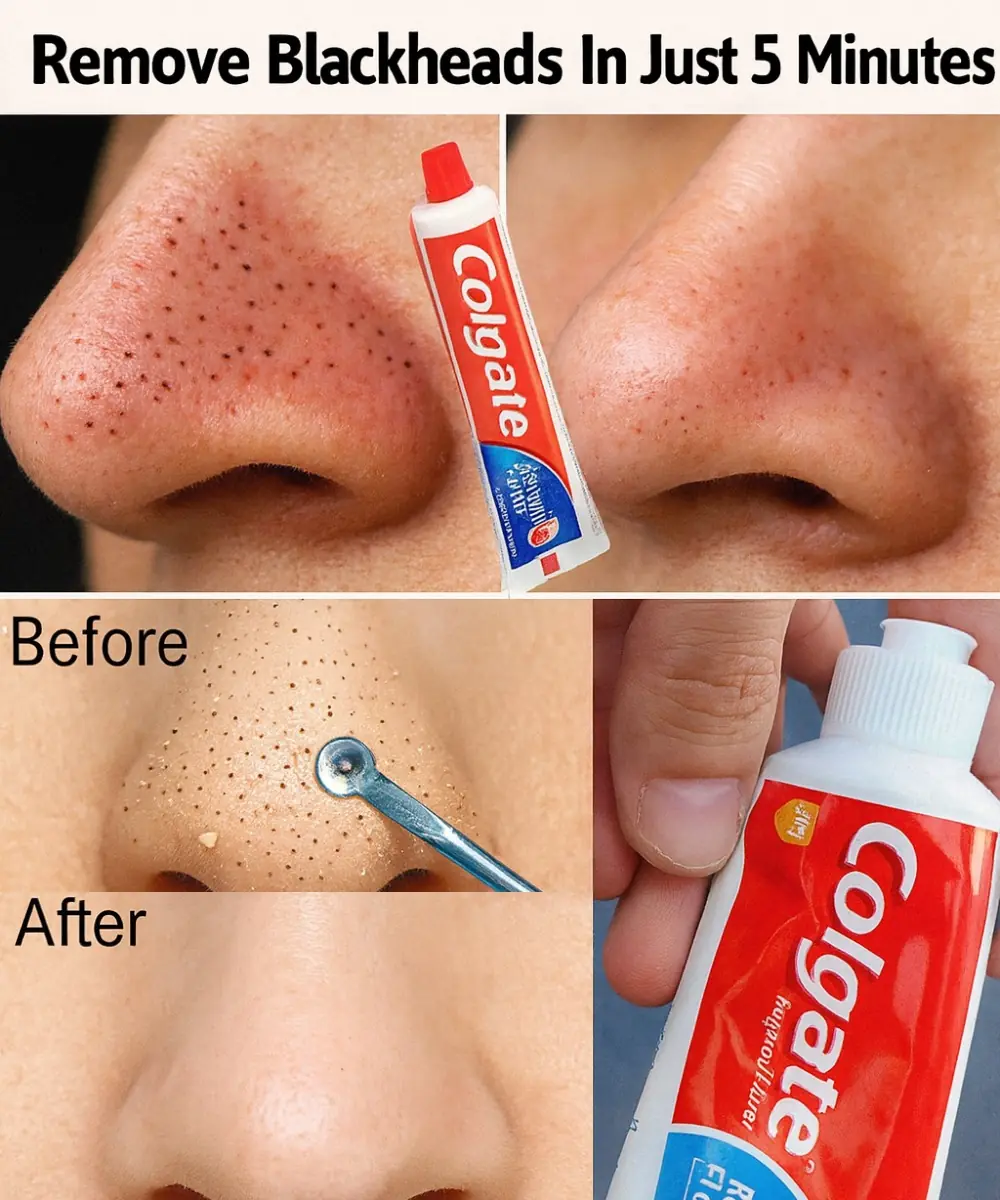
The Surprising Blackhead Hack You’ll Wish You Knew Sooner: Toothpaste in Just 5 Minutes!

Unleash Your Inner Strength: Natural Ways to Boost Testosterone and Vitality After 50
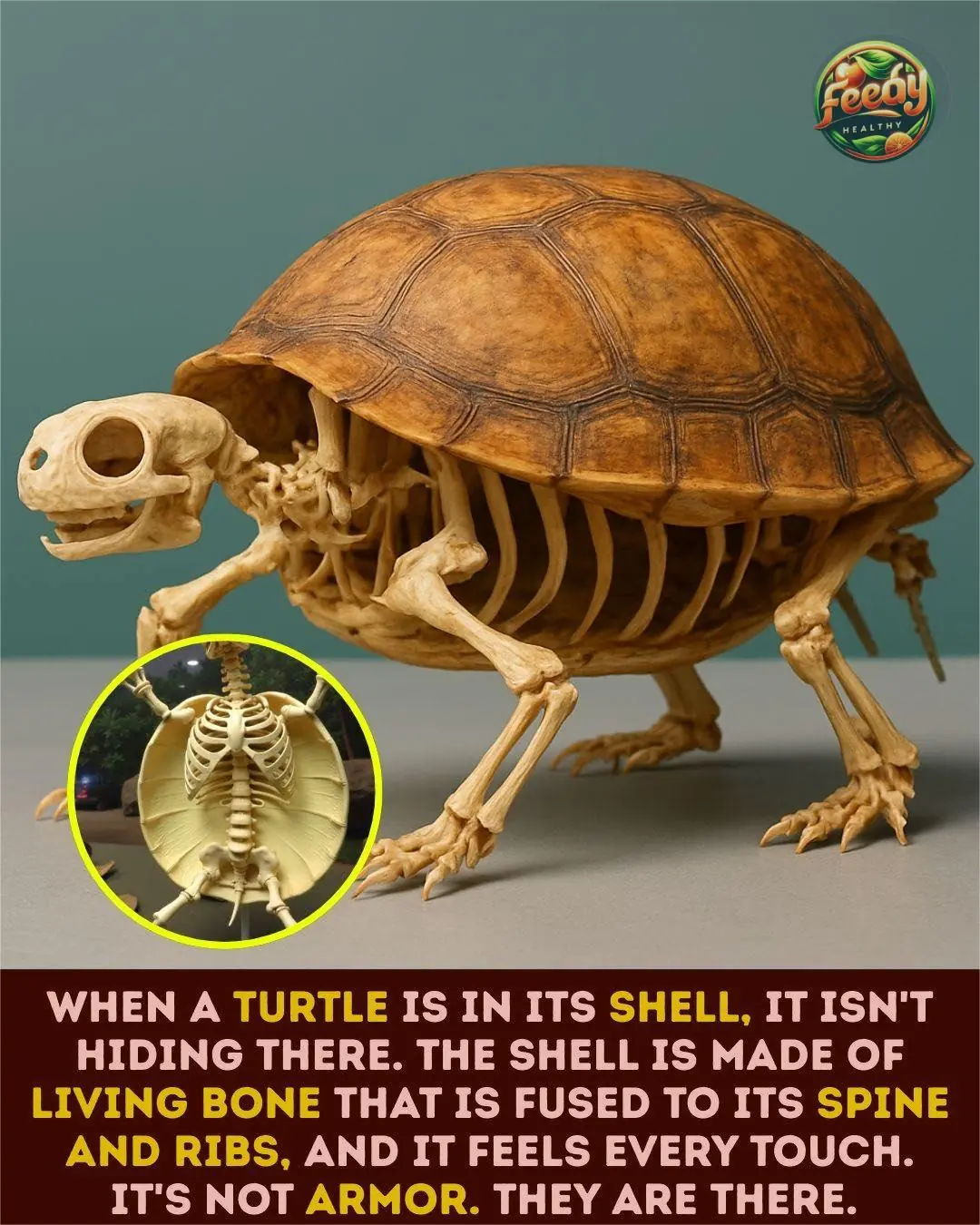
The Truth About Turtle Shells: Not Just a Home, But Their Body
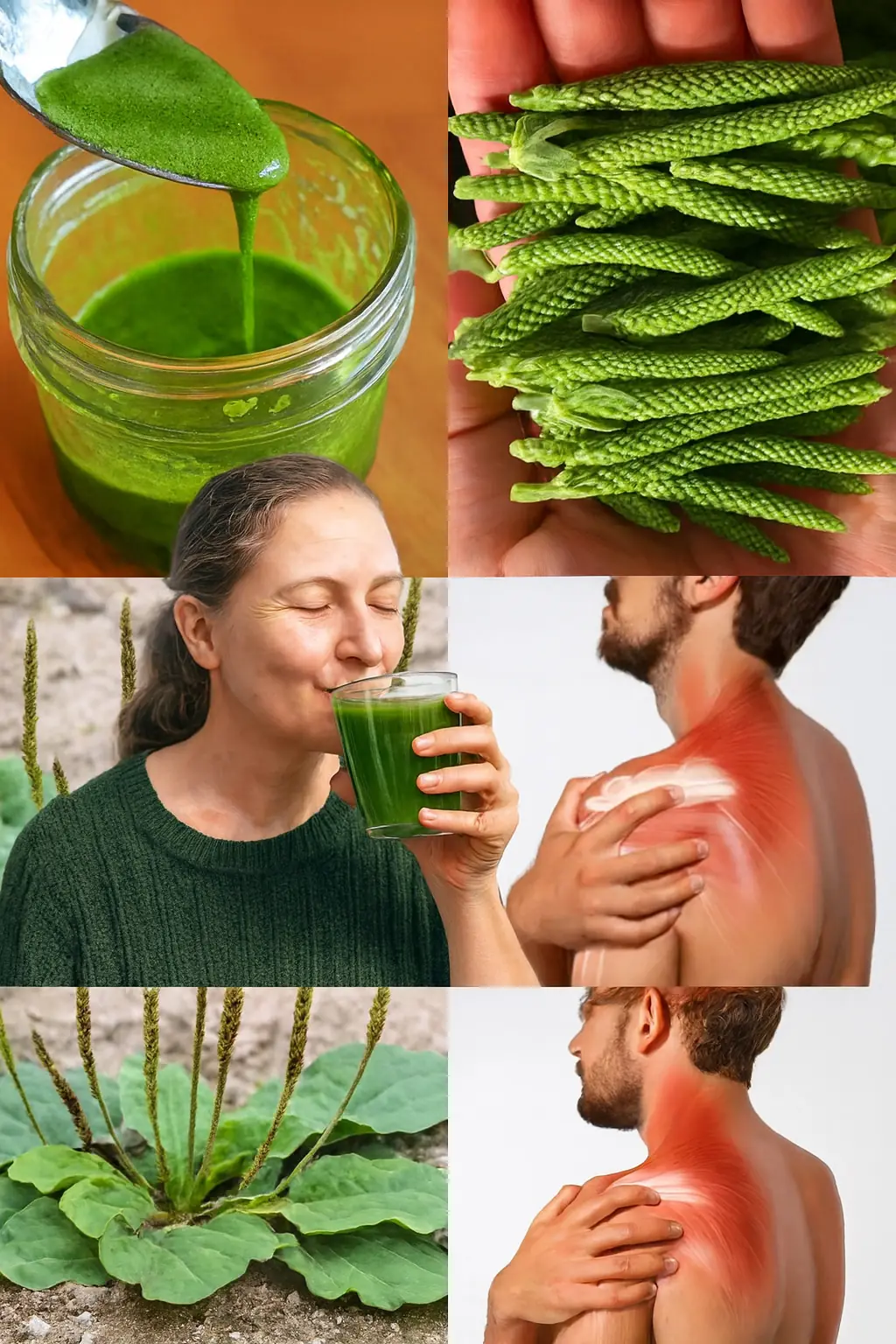
Plantago Major: The Humble “Weed” Packed with Healing Superpowers

Two Bananas a Day: The Simple Habit That Transforms Your Body and Mind
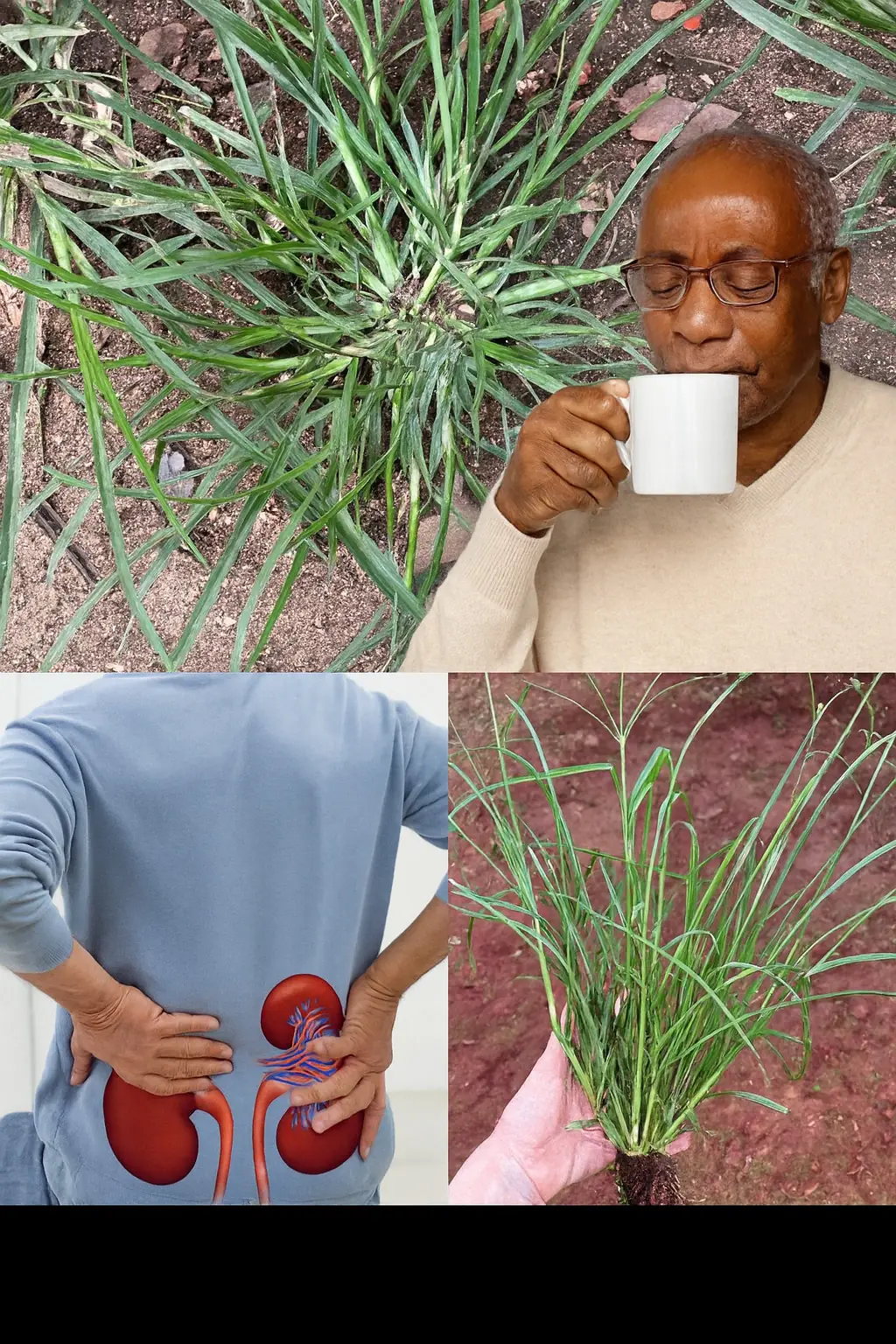
Discover the Secret Superpower of Goosegrass: Nature’s Kidney-Boosting Marvel
